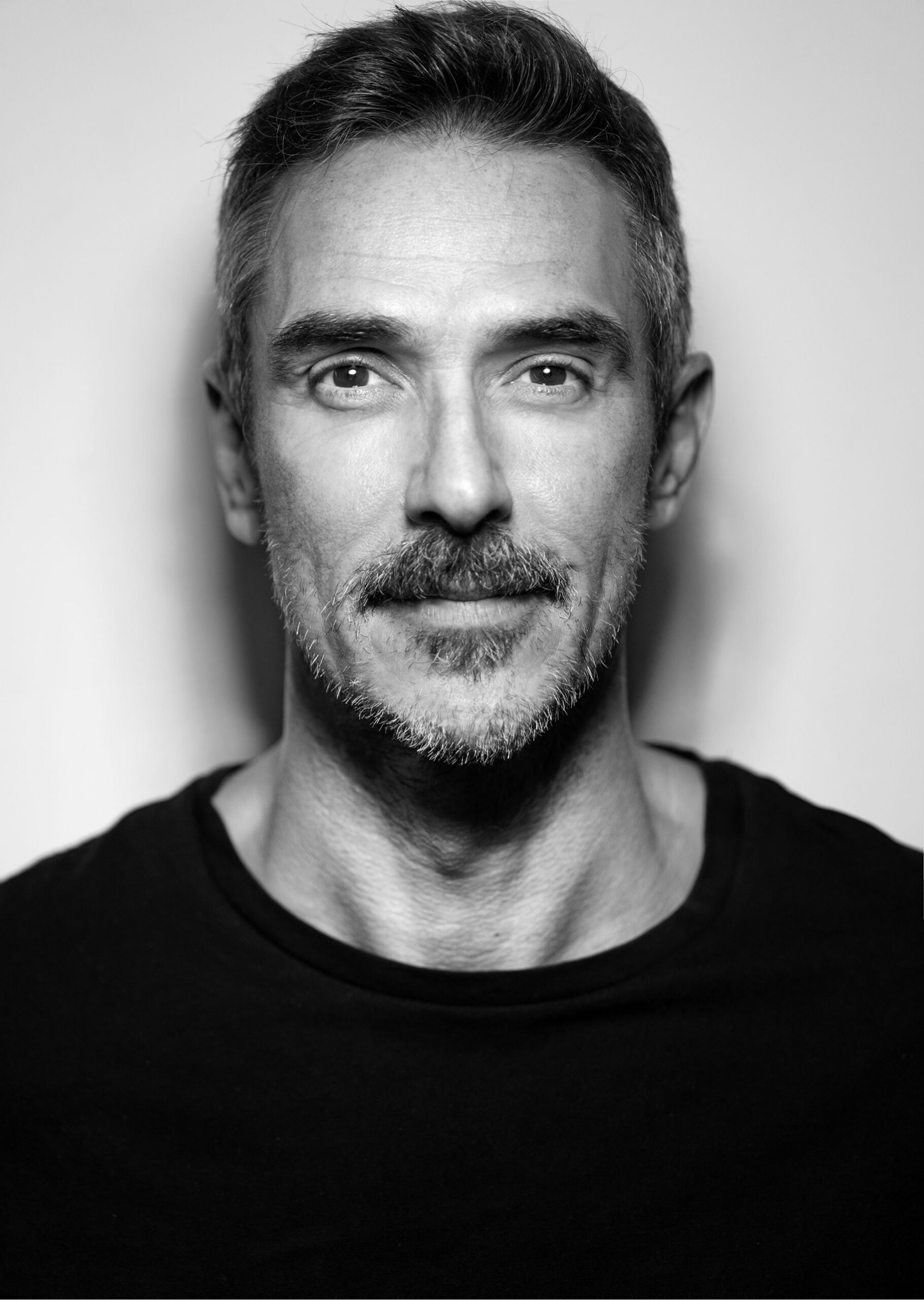Jana Denzel speaks to Miguel Stanley about the challenges he’s faced in his career, what he thinks the future of dentistry will be and what dentists and practice owners can do to adapt to post COVID-19 dentistry.
Dr Miguel Stanley is the clinical director of the White Clinic based in Lisbon, Portugal founded 20 years ago. A passionate advocate for high quality dental care, his career has focused on restoring smiles with his interdisciplinary team. They use state-of-the-art technology, software and materials. Along with a strong sense of ethics and minimal invasiveness to better protect his patients.
This is the reason he created the No Half Smiles treatment philosophy. And Slow Dentistry, both aimed at improving the patient experience and the overall quality of care.
With training in implant dentistry, cosmetic dentistry and functional occlusion, his advanced biological comprehensive dentistry approach incorporates the full scope of action of modern dentistry.
With over 200 keynote lectures given in over 50 countries, Dr Stanley’s lectures are critically acclaimed by dentists of all ages and specialties. Both for the open dialogue and simple and beautiful manner complex cases are presented.
He recently was nominated one of the top 100 dentists in the world by his peers in 2020.
He is married with children and loves to cook and play his guitar.
Through lockdown, we have seen your face everywhere. You’ve been very vocal with your Slow Dentistry Movement. Please tell us what you think the future of dentistry will look like?
It’s a big question. Let’s break it down.
I think what you’re asking is what is dentistry going to look like in the future, post-COVID-19.
Whatever comes has to be affordable, easy-to-use, and democratic, that’s the ideal answer. But in order to get that we have to understand that we practice dentistry completely differently in the UK than in Portugal or New York or LA or Brazil. It changes from demographic to demographic and from social-economic status to social-economic status.
Yet the reason people need a dentist is the same everywhere.
That’s why I can’t urge people enough to brush their teeth and floss. Because usually it’s the people that need dentistry the most that can’t afford it. They have high caloric diets and eat sugars and candies.
I think society also has a role to play in the blame game. There are people that suffer from mental illness, from sickness, and of course, with this there’s people that definitely need help. Those people need to get access to health care.
I also think implementing a few extra barriers is a good idea. That shouldn’t be too difficult to do. But if you’re not taking the right time in between patients, you’re going to make mistakes.
The only way you can survive moving forward that won’t cost you money is to see fewer patients a day and spend more time with them. That is one of the foundations of Slow Dentistry. With that said, what do you feel is the future for NHS dentistry?
I’m not a politician. I have no vested interest in anything and the last thing I want is the collapse of the NHS.
I think it’s great. A wonderful service. Everybody should have access to healthcare, especially those who can’t afford it.
My grandfather fought in World War II for six years. He was a soldier in the British army fighting on the front lines. He was in Baghdad, Egypt, Italy, and France. And he fought for the rights everyone has now in the UK, for the freedom that you have.
The NHS was born after the end of the Second World War to make sure that everybody got access to healthcare. But dentistry in the late 1940s-1950s, the treatment available on the NHS was amalgam fillings, extractions, and dentures. Nowadays, it is what it is.
I don’t think that you can do advanced dentistry on the NHS. I think the NHS should support basic dentistry such as emergency pain appointments, extractions, cleanings, and maintenance programs. If somebody doesn’t follow a maintenance program they should lose all benefits.
Think about this not from a political perspective, but from a human perspective. If you’re using other people’s tax money to get free dentistry and you don’t show up regularly for your hygienist appointments, get out of the party. You’re not welcome here anymore.
That doesn’t happen and I think you know that doesn’t happen. If you worry about keeping everybody happy, you’re inevitably going to make a lot of people unhappy.
One of the main reasons we shut down dentistry is because of aerosol generating procedures. Now we are opening back up and moving forward. What is affordable for everyone to protect themselves from this?
If you have windows, keep them open, it’s proven to help.
Regarding aerosol generating procedures, like scaling, which is the number one aerosol generator, definitely have an extra pair of hands using the high-powered saliva suction device. It reduces the amount of aerosols in the air.
I think a lot of dentists or business owners don’t want to have that discussion. Having an extra pair of hands in the room while you’re generating aerosols is expensive. Again, we come down to money, but I don’t think you can afford to not do it anymore.
HEPA filters have been around for about 20 years. That’s what I use when we suction up the mercury vapours, because it sucks everything up.
We’ve also got a bunch of those now in our clinic, but there are those who can’t afford them. The rough prices are between a £1,000-3,000 per unit.
They require very little maintenance. You can change the filter once a year or something like that. And I think that, moving forward, we should standardise filters in at least the waiting rooms.
There should be fewer people in the waiting rooms. You don’t want to have capable adult patients bringing half of their family to the waiting room. I know people like to bring their whole family to the waiting room. I think we should stop that now. Unless you’re mentally disabled, a child or you’re impaired physically, then there’s no reason why you should come with a companion.
For those that can’t afford it, see fewer patients, allow for a proper turnaround time in between patients, and practice Slow Dentistry. You can’t do that in a rush. We don’t call it tidying the operatory between appointments. We call it disinfecting the operatory in between appointments. And there are certain time frames, it just takes time to do that properly.
So yes, keep windows open if you have them and have an extra pair of hands in the room.
Let’s touch on your modelling career! Talk us through this and why you decided to leave that lifestyle behind and focus on dentistry?
I fell into modelling without having ever thought about it. Vanity was not something that my family accepted. We were humble and discreet.
I went to an all-boys Catholic school and had the fear of God of getting ridiculed and laughed at. I once went to a casting with a girl who I was trying to impress. That day I had borrowed some of my older brother’s boxer shorts. They had hearts on them. Back in 1986 boxer shorts weren’t a thing here, only Americans had them. In Portugal we had the whitey tighties, the briefs. I knew that I had these boxer shorts on and I felt like Superman, but I wasn’t going to show them, I was 15.
We go to this casting and there’s a huge line of 500-600 people. Finally her time comes and she says her name and so on. Then the director says: ‘Okay, next’. I stand up to leave with her. I hadn’t even enlisted and the director says: ‘No, I want you to do it!’ So, I do this thing and at the end he goes: ‘Now say something funny’. I didn’t know what to say, so I just unbuckled my pants, drop my jeans, showed my boxer shorts and waved my hands and I got the gig!
Two weeks later, I got a phone call and my mom says: ‘What?’ Because I didn’t even go for that commercial, but I got paid very well at the age of 15. Moreover I became quite famous. Everybody knew me. I was on television, I was the guy for a juice brand.
I did 83 television commercials between my very first one when I was 15 through to 1998, where I did one for McDonald’s, a big production.
What happened was that I actually learnt directing, lighting, production, storytelling, storyboards, makeup, and editing because I paid a lot of attention. I never thought that I would need it until later.
But that’s how I got my TV shows because I was actually on a very famous TV commercial model.
What do you feel has been your biggest challenge to date so far?
In 2010, I was on prime-time television, I was a super star making millions. I had a flashy lifestyle and all of that. But my accountant of eight years had embezzled a lot of money. To the extent that I had to file for bankruptcy and shut down my second practice.
That happened at the end of 2010, when the world was going through the financial meltdown of the subprime issues. So banks weren’t lending.
I was a celebrity dentist in Portugal with a strong international following. But what happened was that the great majority of dentists in Portugal started rejoicing.
I didn’t know that I had so many haters, because success upsets people.
I can understand that a lot of football players are jealous of Ronaldo’s cash that he has. But let’s just face it: he’s on another stratosphere of quality. He trains more than everybody else, he is the first in and last out.
I’m not comparing, but this is all I do. I studied very hard for it, worked very hard for it, and I got a break on TV. I was very successful before losing it all. Then everybody started rejoicing for my failure.
But out of that came something that is quite unique, and I don’t ever wish this on anybody, but it sends you to a very dark place. You’ve got it make this decision; am I going to quit and let them win? Or am I going to come back and prove them wrong?
For the last decade, what I’ve been doing is working on my reputation. I think that why I’m sitting and talking to guys like you.
So that was one of the toughest things to overcome, but it made me a lot stronger.
What do you feel, aside from your daughters and your family, is your biggest accomplishment in your life?
Seeing through the bull and an ability to see things very clearly for what they are.
I guess my path in dentistry itself is a reflection of the life that I have and the values that I have. And the fact that people recognise me around the globe for ethics and high quality.
I hope that people can see a little bit further past that and understand that it wasn’t the plan, it’s a consequence. It’s a reflection of the values that I have.
I hope that I can inspire other people to understand as well that if you’re chasing any dream, chase one that is an integral part of your character, not something that’s not you.
So my success is by definition a result of my belief system, which is doing the right thing. And as dentists we have science and evidence to back those things up. Be good to people! It pays off.
If you could have any dinner guest in the world, dead or alive, who would it be and why?
Can it be in the future? I’d like to have dinner with my daughter when she’s 30. She’s now three years old. I’d like to see who she’s going to become, because she’s an extraordinary little girl and I’d like to know if I’ve done a good job.
I guess what I’m trying to say with that is, I’m going to work very hard at making sure that dinner happens. The only problem is I’ll be so old I don’t know if I would be able to enjoy it.
I’d like to have dinner with my daughters when they’re 30.


